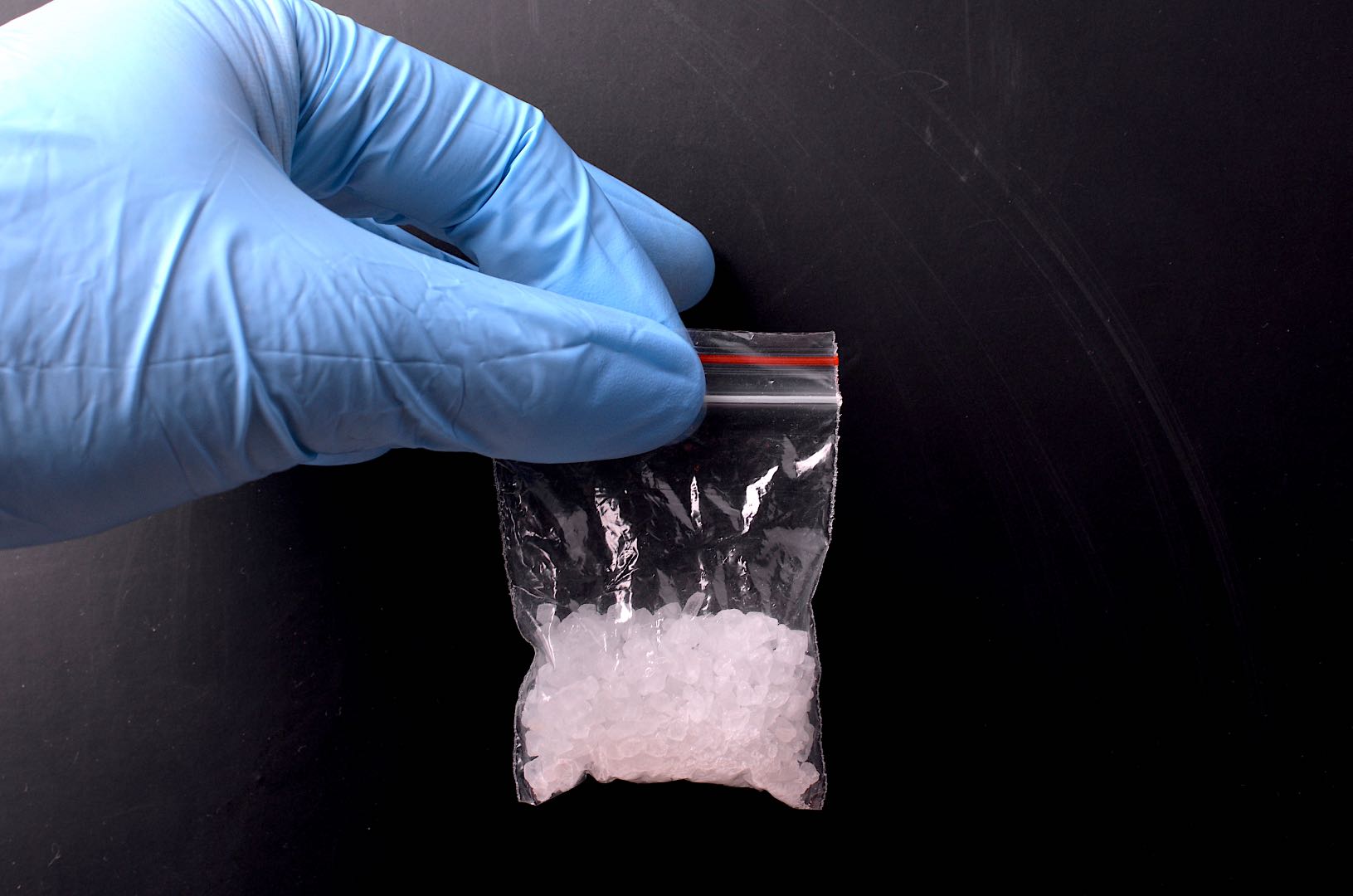Meth Drug Rehab
For many, meth use begins innocently. The reasons for experimenting can be many, from wanting to lose a few pounds to staying awake for various reasons. But the results of such meth experimentation can become disastrous – and quickly. What is it that makes meth so appealing?
Let’s start with a definition; methamphetamine, also known as meth or crystal, is a highly addictive and powerful stimulant that affects the central nervous system. Doctors prescribe a form of methamphetamine, Desoxyn, to treat certain cases of ADHD, morbid obesity or narcolepsy.

Meth is a part of a large group of synthetic drugs with effects similar to cocaine. Meth works by triggering a release of high levels of the neurotransmitter dopamine in the brain. This causes feelings of euphoria, alertness, and decreased appetite. The drug arrives in many different forms and may be ingested in several ways. The most common way is through smoking.
It can also be snorted, injected or orally ingested. When it’s smoked or injected it rapidly enters the bloodstream and the brain and causes an immediate and intense high. This high only lasts for a few minutes and users often ingest repeated doses in order to maintain their high. Like other devasting drugs, over time tolerance is built and more meth is needed to achieve the same effects. This can lead to overdose.
Effects of Meth Addiction
Due to the intense rush that meth provides, it’s highly addictive. In addition to the release of dopamine in the brain, meth also affects serotonin levels. Once the high wears off, the brain is depleted of both dopamine and serotonin, which may lead to feelings of depression and anxiety.
Physical and physiological effects include:
- Increase attention and decreased fatigue
- A heightened sense of well-being
- Decreased appetite
- Increased respiration
- Rapid or irregular heartbeat
- Increased blood pressure
- Irritation, anger or anxiety
- Paranoia
- Headaches
- Hyperthermia (increased body temperature)
- Convulsions
- Stroke
- Heart attack
- Death
Meth also causes a well known physical effect known as “meth mouth.” The term is used to describe the decay that is caused by methamphetamines eating away at the enamel of the teeth, causing them to rot.
The stimulant effect of meth also may cause users to grind their teeth excessively which may lead to cracking, loosening of the teeth, or jaw problems. According to druglibrary.org excessive doses may also produce paranoid thinking, psychotic symptoms and occasionally violent behavior.
Long-Term Effects of Meth Use
Over time users build a tolerance and require a higher dosage to achieve the same effects. Long-term use can chemically alter the brain causing:
- Memory loss
- Insomnia
- Paranoia
- Confusion
- Suicidal thoughts
- Homicidal thoughts
- Delusions
- Psychosis
- Liver and kidney problems
Meth is a powerfully addictive drug that ruins lives. Treatment has proven effective and if you or someone you love is abusing meth, there is no better time for recovery than now. We offer both partial hospitalization treatment and intensive outpatient treatment, and are here to help you and your loved ones each step of the way. Located in Buck’s County, we’re here to help addicts in Philadelphia, Levittown, Allentown, Bristol, Middletown Township and beyond.
